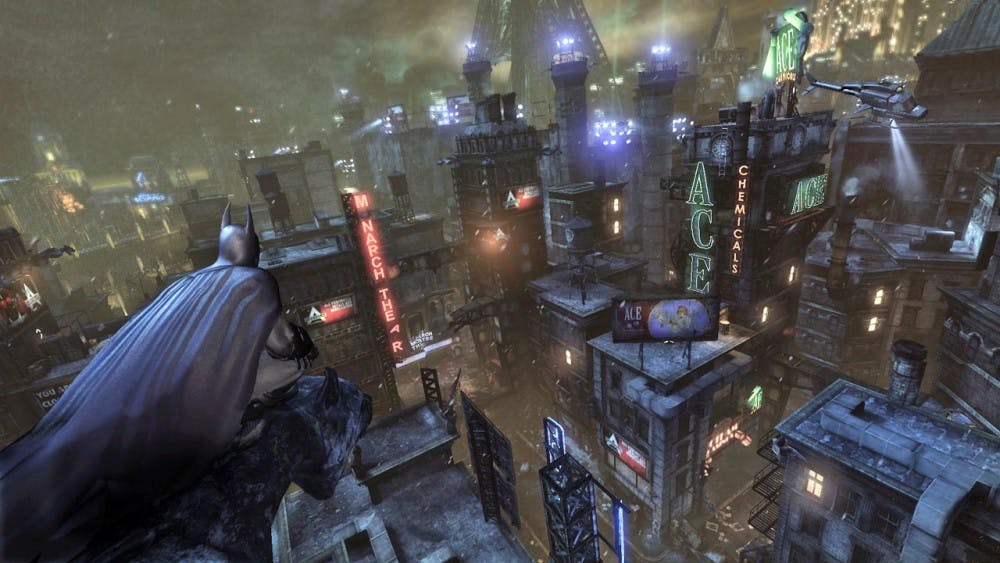Imagine this: You’ve been waiting for a video game patiently. It has been in development for years. You’ve read every article. You’ve watched every gameplay video, interview and trailer. Then, you wake up one morning and discover the worst — the game has been delayed for months.
On March 1, Naughty Dog announced on the Playstation Blog that “Uncharted 4: A Thief’s End” is getting delayed for the third time to May 10, 2016. It all began when the lead writer for the previous “Uncharted” games, Amy Hennig, left to work on a new "Star Wars" title at Visceral Games.
After this departure, the following months were filled with more and more employees leaving, including Game Director Justin Richmond. “Uncharted 4” was left stranded. Many assumed that the turmoil within the company would leave “Uncharted” in a bad place, but in June 2015, Nolan North, the voice actor of “Uncharted”’s hero, Nathan Drake, commented that after Hennig’s departure, Naughty Dog threw out the past eight months of work on the game. Due to all of the departures, “Uncharted 4” was delayed from a fall 2015 release date to March 18, 2016, then to April 26, 2016, and now finally to May 10, 2016.
As video games have started being teased earlier and earlier and they become harder to make, delays have become a pretty normal cycle for any game. Some developers seem to announce a date only to excite people and then delay the game later. One of the best examples of this is “Batman: Arkham Knight." “Arkham Knight” was originally announced as a Fall 2014 game before being pushed all the way back to June 2, 2015 and then delayed again to June 23, 2015. It is hard to believe that Rocksteady, the developer of the game, truly thought that they would be able to release the game in October or November of 2014 when they pushed the release back seven to eight months. Was it necessary to give a release date? If so, why not play it safe and set the date for 2015?
A further issue is the fact that many developers simply announce their games too early. The definitive example of this is “The Last Guardian." "The Last Guardian”" was announced at E3 in 2009 with a full trailer but was practically unheard from after the trailer, leading many to assume it was cancelled. After six years, Sony and Team Ico finally re-announced "The Last Guardian" again at E3 in 2015 with a vague release date of “2016.”
What some have said is the correct way to announce a game is a method that Bethesda employed recently with “Fallout 4." Although there were rumors for years about the game, there was no official word from Bethesda until E3 in June 2015. Five months later, consumers were playing the game. Not only did the game meet the release date, but it was critically acclaimed and was the third best-selling game of 2015 while only being on the market for two months of the year.
This proves that there do not need to be years of promotion in order for a game to do well. It can only be hoped that more developers will come to use this model. This would cut down on the over-hyping of games and would excite fans due to the fact that they will not have to wait years to be able to actually play the game. Although it is better that a game like “Uncharted 4” is delayed in order to have more time to create a polished product, the majority of developers should stop being overzealous with how early they announce games and how soon they hope to release them — we in the video game community will all be better for it.

